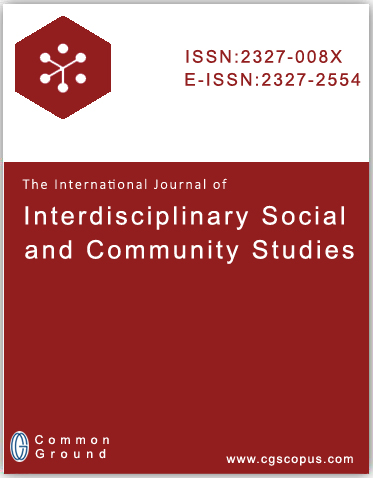THE IMPERATIVENESS OF LEGISLATING A LEGAL FRAMEWORK ON SURROGACY PRACTICE IN NIGERIA: LESSONS FROM SOUTH AFRICA AND UNITED KINGDOM
DOI:
https://doi.org/10.18848/3wr8hm54Abstract
Surrogacy as a means of procreation is becoming prominent in Nigeria. While resort to it is associated to medical challenges, evidence abound that in recent times, economic expediency is a major reason for surrogacy. This paper adopts analytical and comparative method in interrogating the imperativeness of legislating a legal framework for the regulation of surrogacy practice in Nigeria by drawing lessons from the experience of South Africa (SA) and United Kingdom (UK). The paper discuss reasons for the resort to surrogacy and its nuances. It highlights and discusses socio-medical, contractual and psychological issues associated with surrogacy practice in Nigeria. The paper found that unlike SA and UK where there exists a robust regulatory framework on surrogacy, there is no law in Nigeria specifically meant to regulate surrogacy practice in Nigeria and this lack of regulatory framework, makes the practice susceptible to exploitation with attendant spiral negative outcomes. The paper rely on primary and secondary data which were subjected to content and jurisprudential analysis from which findings were made and conclusion drawn. The paper recommends ways of curbing medico-legal issues associated with surrogacy by making a case for the adoption of a robust legal framework pattern after the SA and UK models taking into cognisance local peculiarities.










